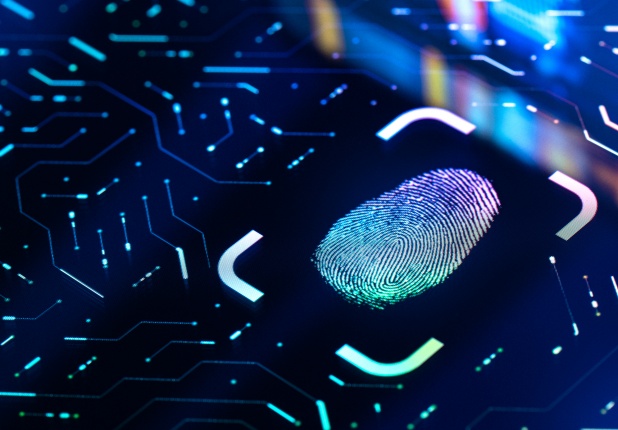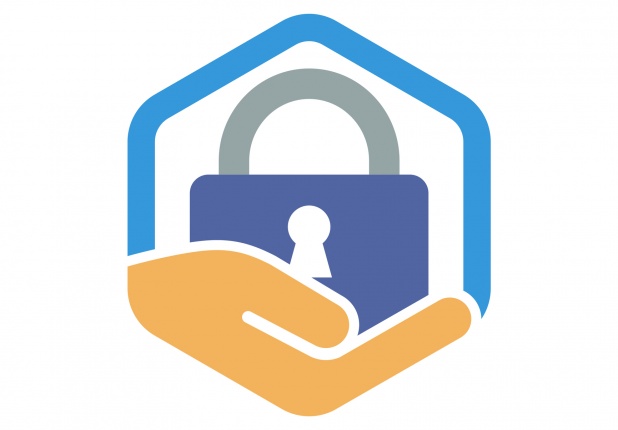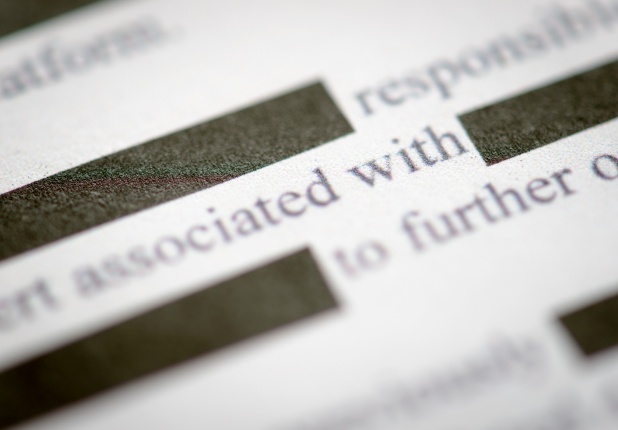The preservation of, or failure to preserve, ESI in a litigation context provides ample opportunities for counsel to stumble and is a fertile area of case law. In this blog we will look at Hollis v. CEVA Logistics U.S., Inc., No. 19 CV 50135, (N.D. Ill. May 19, 2022), an interesting little case in which the Court found that a curative jury instruction was warranted in a matter where the defendant CEVA failed to preserve video evidence of an altercation between the plaintiff Hollis and another employee which resulted in Hollis’s termination. This case is instructive in that it discusses in some detail the “five threshold requirements” (Hollis, at 2) to impose remedies for failure to preserve ESI under Fed.R.Civ.P. 37(e) as well as the issues of intent to deprive plaintiff of the evidence and of prejudice to the plaintiff. The case is particularly interesting, however, in that it illustrates the potential difficulties in recognizing when a duty to preserve arises, particularly with respect to short-lived, ephemeral evidence that is destroyed or overwritten well before formal litigation commences.






